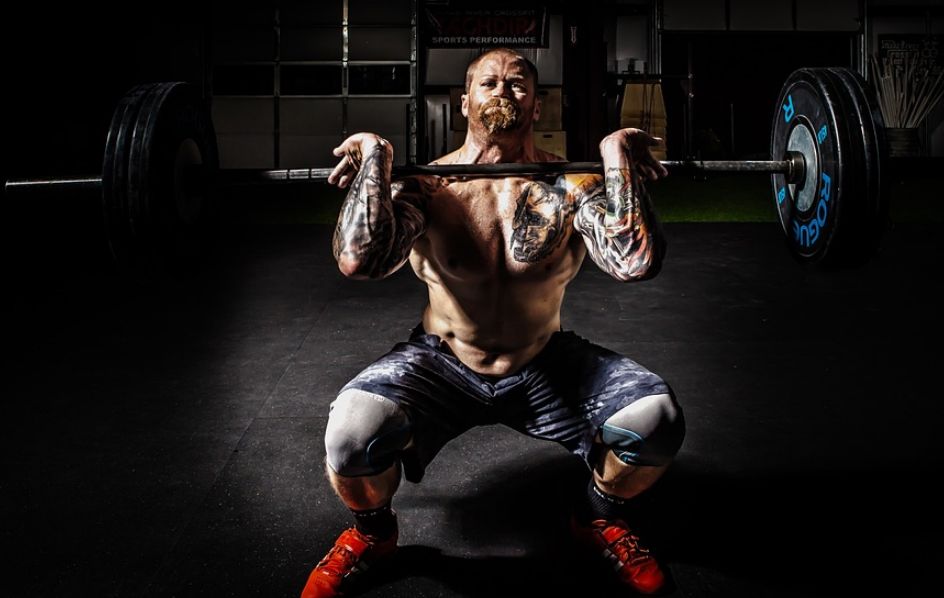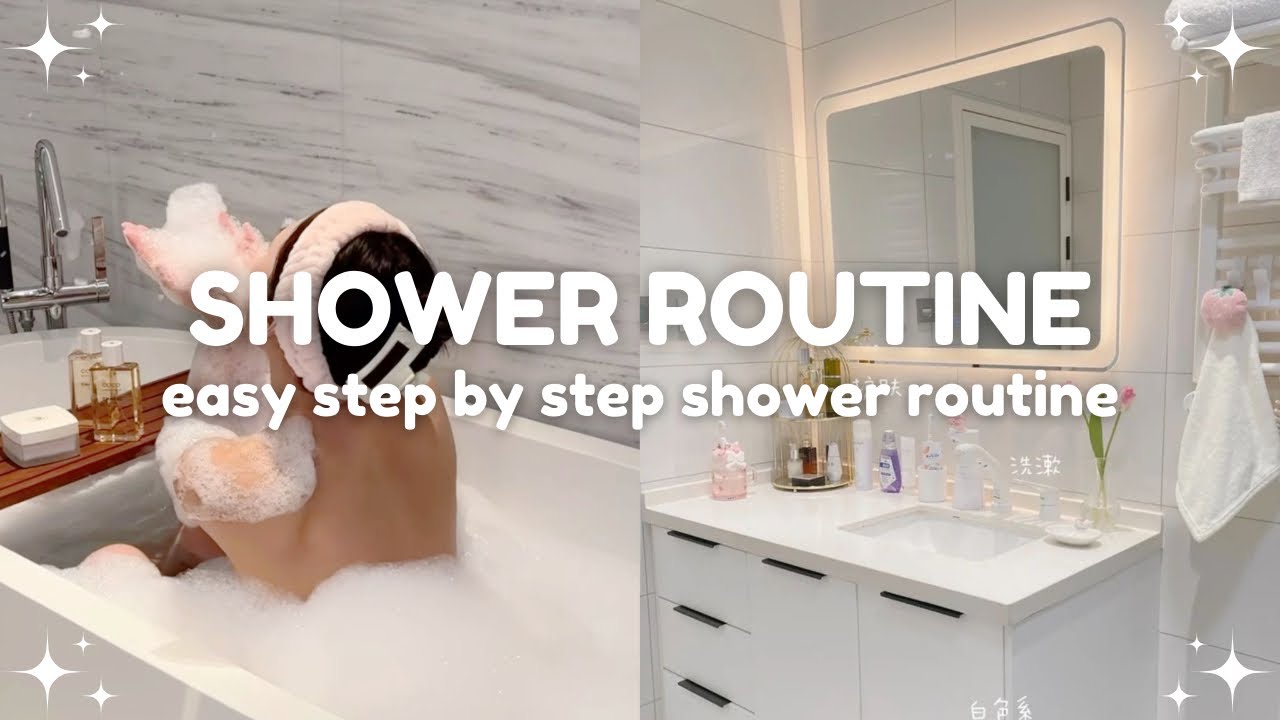How do you feel about the idea of gyms banning people from video recording themselves?
Introduction
In the current digital age, the art of capturing your workouts with a video camera has become a popular trend. For many people, being able to capture their weightlifting or calisthenics achievements is incredibly empowering. However, will the trend of video recording yourself while working out at the gym soon be a thing of the past? Recently, there has been discussion of gyms banning people from video recording themselves while they are working out. This has raised questions about personal rights in both the physical and digital world – what are our rights to self-documentation, and how does this infringe upon the rights of the gym owners? Read on to explore the pros and cons of gym owners banning people from recording their workouts.

1. A Brief Overview of Gym Video Recording
Bans As more gyms and fitness centers become popular, individuals are increasingly attempting to document their fitness progress for health tracking and personal optimization pursuits. While filming and video capturing can be a great way to monitor progress and hold oneself accountable, some fitness centers have adopted a zero-tolerance policy against customers video recording in the gym. Some gyms feel that recording activity carries a certain stigma of being overly proud and boastful. Moreover, recording workouts can also feel intimidating to other gym-goers. As a result, many gyms feel the need to assert a policy of not allowing recording in the facility. Unfortunately, this policy can put many gym goers in a difficult situation, as it limits their ability to hold themselves accountable and track their progress over a period of time. This can be especially troubling for athletes and trainers who rely on videos to measure their performance. At the end of the day, gym-goers should always adhere to their gym’s rules and regulations. However, it’s important to understand the implications of not being able to record our workouts and the limitations it poses on our ability to set and reach our personal goals.
2. The Pros of Allowing Gym Video Recording
For some gym-goers, video recording their workouts is a great way to track their progress and hold themselves accountable for their exercise goals. It can also be a great motivator. Being able to watch and replay personal video recordings of their progress can give gym-goers a sense of personal achievement and pride. Additionally, video recordings can be a great learning tool. Gym-goers can reference their recordings to see what they’re doing wrong and use them as a guide to improve form and technique. With video, they can look back on their workouts to see what works and what doesn’t, allowing them to get the most out of their time in the gym. Finally, video recordings can give gym-goers a great sense of community. By sharing their recordings on social media and taking advice and tips from other gym-goers, they can foster meaningful relationships with others in their fitness journey. This can lead to better workouts and an overall more enjoyable time at the gym.
3. The Cons of Allowing Gym Video Recording
As with any issue, there are a few cons associated with allowing gym video recording. For one, video recording can be disruptive to both the environment and the other members of the gym. When individuals are filming themselves, they are often more focused on getting the right shot and angle, rather than on their form and exercise. This can lead to bad habits that other members of the gym may pick up, potentially weakening the quality of the workout experience. Additionally, recording oneself in the gym could lead to a decrease in privacy. The individual’s recorded footage could theoretically be posted on social media or other websites without their knowledge or consent, and the images could be used for purposes other than exercising. This could be especially problematic for minors, who may not have the capacity to fully understand the implications of sharing their gym videos publicly. Lastly, not all gyms have the necessary bandwidth or infrastructure to support video recording. For example, if the gym has a limited internet speed, the club may not have enough bandwidth to support the recording and streaming equipment. This could lead to longer wait times for the recording to take place and interrupt other members’ enjoyment of their workout. Ultimately, it is up to the discretion of the gym and its staff to decide if video recording should be allowed to take place in the facility.
4. An Alternative to Allowing Gym Video Recording
It’s no secret that technology is everywhere and here to stay. Although it can be used for a variety of positive activities, it can also be used in a negative way when it comes to gym video recording and online presence. As such, many gyms have taken steps to reduce or even ban the practice of video recording in their facilities. But what’s the rationale behind this? The primary concern behind banning video recordings in a gym is the safety of the patrons. Video recordings can be used to stalk or harass someone and the consequences can be severe. Additionally, with the advent of social media, these recordings can end up in the wrong hands and be broadcast to the public—potentially leading to serious repercussions for the individual who was recorded. Whilst the idea of discouraging video recordings in the gym has clear merit, there are potential solutions to this which don’t involve a blanket ban. By providing alternatives and educating patrons on the potential risks of video recording, gyms can provide a safer environment where patrons can feel secure in the knowledge that their privacy is respected and protected. One option could be to create dedicated areas in the gym which are designated as ‘video-free’. This way, patrons who wish to record their workouts can do so without compromising the safety of others. Additionally, gyms could provide an opt-out system where patrons can have their faces blurred in any video recordings taken by trainers or other staff. This way, patrons still get to record their progress but without risking their online privacy. In essence, enforcing a blanket ban on gym video recording can feel excessively draconian. Instead, gyms should take steps to provide sensible and reasonable alternatives which help to protect the privacy of their patrons. With the right initiatives and an increase in communication from the staff, this can be achieved, providing a safe and secure environment for all.










